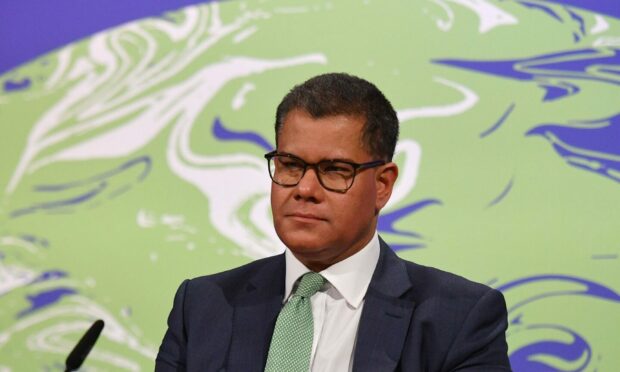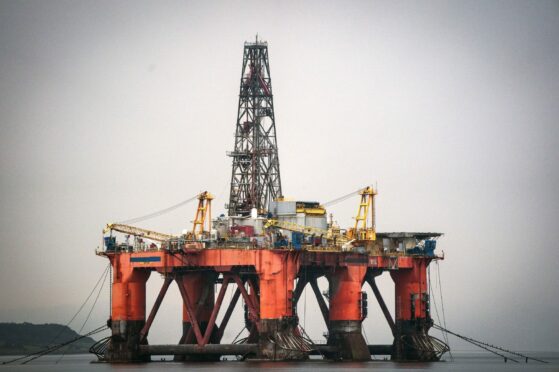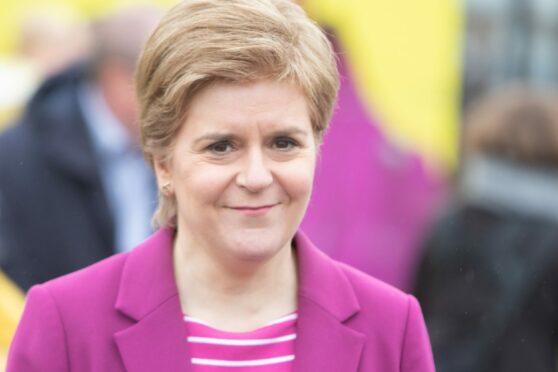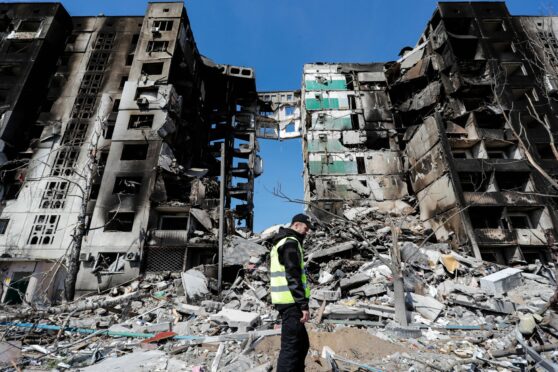The man in charge of overseeing a landmark climate change conference in Scotland last year has identified huge gaps in the amount of progress made among wealthy nations.
Alok Sharma MP was president of COP26, the UN climate change summit held in Glasgow in November.
At that conference almost 200 countries signed up to the Glasgow Climate Pact, promising to speed up action to tackle climate change and do more to help countries already feeling the impact.
Mr Sharma returned to Glasgow on May 16 to assess what progress has been made – and admitted there are still major improvements required half way to the next round of talks at COP27 in Egypt.
1 – Too many are still relying on fossil fuels
All around the world too many are still relying on fossil fuels, and more needs to be done to shift away from depending on oil and gas to renewable energy instead.
At COP26, the Just Energy Transition Partnership was set up for the governments of South Africa, France, Germany, the UK, the US and the EU to help decarbonise South Africa.
In his speech, Mr Sharma said he hopes more countries will sign up to this partnership before COP27 to further reduce the planet’s reliance on fossil fuels.
He said: “We need more commitments to end coal power, to put a stop to international fossil fuel finance, and to accelerate the shift to renewables.”
This comes as the UK Government continues to licence oilfields in the North Sea – most recently the Cambo oilfield off the coast of Shetland was given a two year extension.
2 – The war in Ukraine cannot distract from climate change targets
When COP26 was happening in Glasgow, news reports were dominated by climate change.
Fast forward six months and the war in Ukraine dominates.
First Minister Nicola Sturgeon has said failure to meet the climate change targets agreed at COP26 would be “catastrophic”.
She was in Washington DC to discuss environmental issues while Mr Alok was in Glasgow.
Ahead of a keynote speech, Ms Sturgeon said the “brutal, illegal and entirely unprovoked” Russian invasion of Ukraine means Europe needs to rethink its “long-held assumptions about energy policy and energy security”.
She also asked other nations to make sure the strain of the conflict in Ukraine does not result in the climate change promises being broken.
3 – Richer nations are not doing enough
In 2015, 196 countries signed up to the Paris Agreement, a commitment to limit global warming to well below two degrees Celcius.
Part of this involved setting out exactly what each country needed to do.
But since COP26 in Glasgow it has become clear many countries, including those in the G20, are not doing enough on this front.
Mr Sharma said: “The major emitters must lead from the front, particularly those G20 countries with little or no increase in ambition since Paris.”
4 – Food insecurity is getting worse
According to the Global Network Against Food Crises, food insecurity has increased worldwide by 25% since 2020.
And the network’s figures pre-date the Russian invasion of Ukraine, which is expected to make things worse for those struggling to eat.
This means with less than six months to go until COP27, tens of millions of people are going hungry.
If global temperatures rise by two degrees, the reduction in maize crops would double and fisheries would lose twice as much of their catch.
Crop yields are also expected to decline by 30% by 2050 unless emissions are “drastically” reduced – at the same time the population is expected to grow by 20%.
5 – More money needs to be spent
One of the big commitments made in Glasgow was for all countries to invest more in tackling climate change and in helping developing countries to do their bit for the planet as well.
We need countries to clearly set out their plans.
– Alok Sharma
In his speech Mr Sharma said renewable energies like wind and solar are now cheaper than fossil fuels, and warned investing in fossil fuels will “only risk stranded assets”.
However not enough has been done in the past six months on this front.
He said: “The agreed £100 billion delivery plan update needs to show progress on delivery, particularly the goal to double adaptation finance by 2025.
“Thus far too little has been achieved on doubling adaptation finance, and that must change.
“We need countries to clearly set out their plans.”



